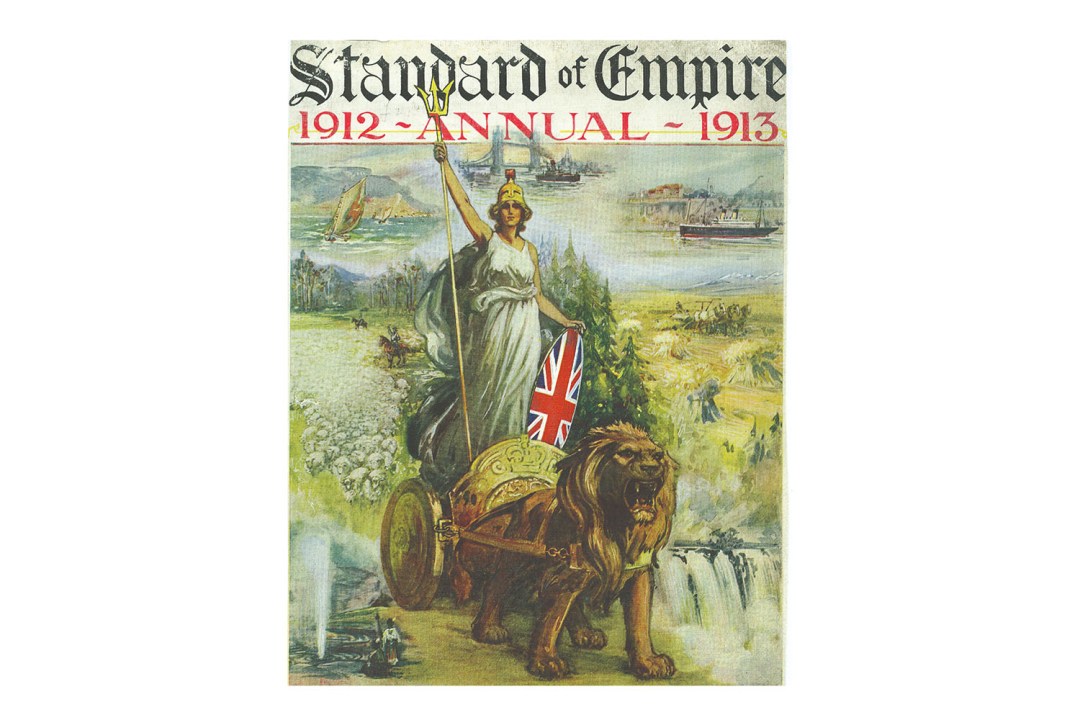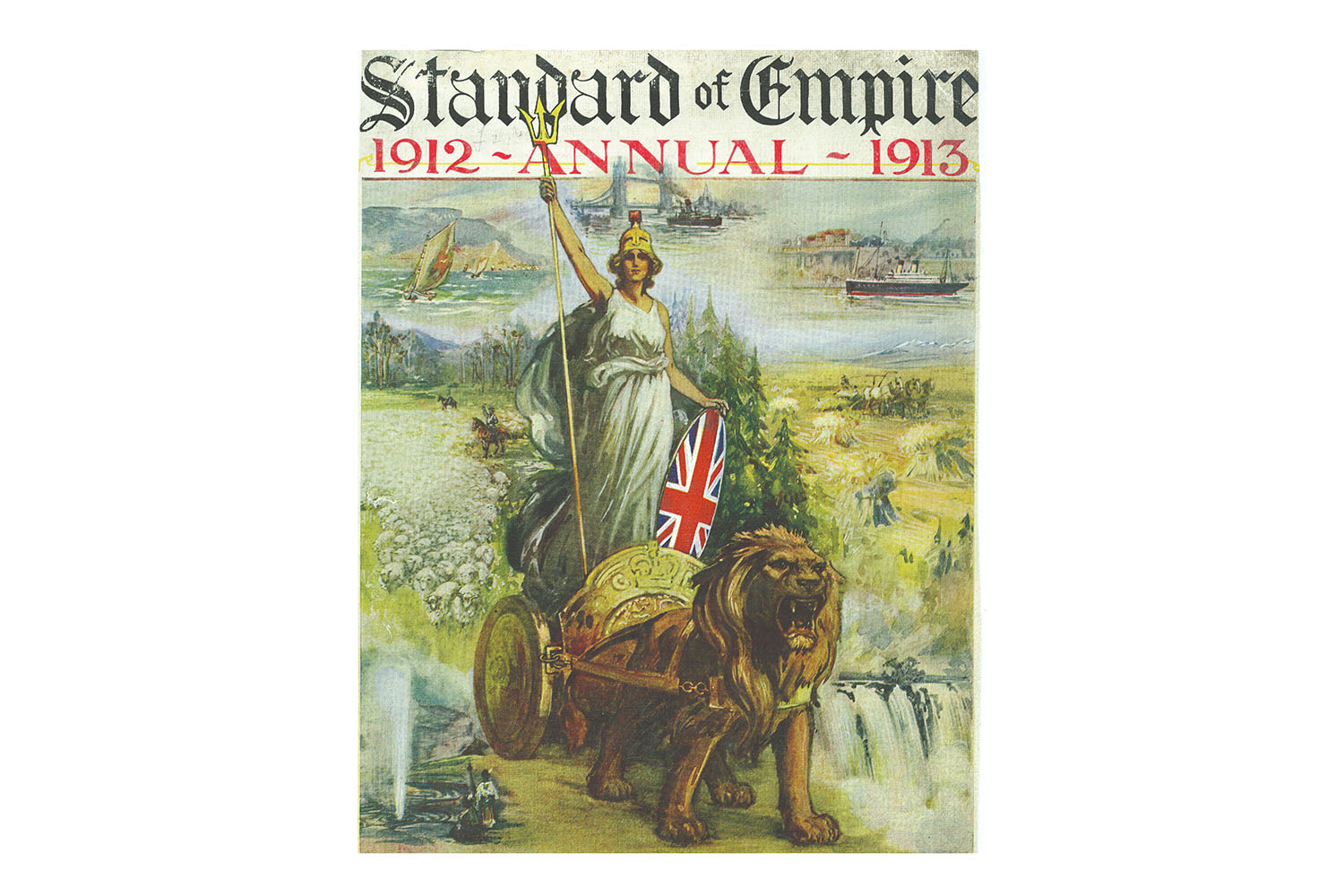Nigel Biggar is a theologian, ethicist and author of Colonialism: A Moral Reckoning. He speaks to The Spectator’s columnist Matthew Parris about the legacy of the British Empire.
MATTHEW PARRIS: Nigel, you’ve been in the news recently over your view on colonialism, which is, I think, basically that British colonialism is not all bad. Is that right?
NIGEL BIGGAR: Yes, I’ve become a bit more assertive in my view, since I first got into trouble five years ago. I published an article in the Times saying that we British can find cause for pride and shame in our past. I thought, who on earth can disagree with that? I actually thought it was rather an anodyne point of view, but that was enough to get me in trouble. Since then, I’m a bit more robust. Certainly the British Empire does not live down to its currently prevalent caricature as being a litany of slavery and racism and exploitation. There was nothing in the empire that approximated to Nazism. But more than that, it was from the early 1800s onwards increasingly humanitarian and dominated by liberal motives. So I become more positive: not just ‘it wasn’t all bad’.
MP: I’m a child of empire. I was born in South Africa when it was still a dominion. I was raised partly in Cyprus when it was still a colony. We were fighting Greek Cypriot terrorists then. And then I went on to spend all my boyhood and youth in what was then Rhodesia and I was sent to a multi-racial school in Swaziland. The whole experience leaves me quite torn. I see your argument. I see many good things that empire did achieve. All the places where I lived as a boy have gone from bad to worse since leaving the empire. But I also have direct experience of our attitudes as colonialists.








Comments
Join the debate for just £1 a month
Be part of the conversation with other Spectator readers by getting your first three months for £3.
UNLOCK ACCESS Just £1 a monthAlready a subscriber? Log in